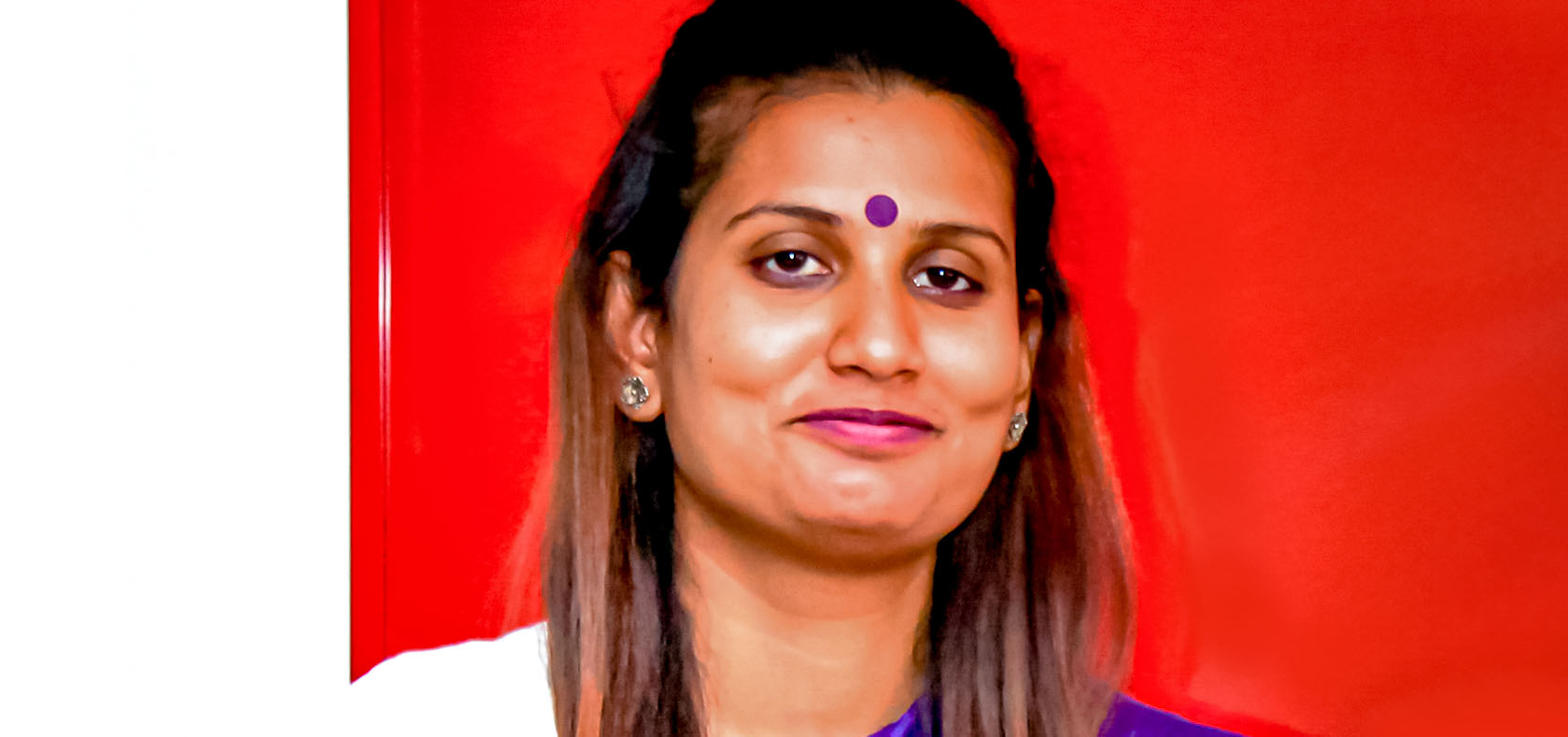Take Five: “The Voices of Bangladeshi young people on Climate Action are loud and clear. We Need to act now for a better future, and this cannot wait.”
Date:
Interview by Shararat Islam

Jannatul Mouwa is a youth climate activist, and the founder and executive director of BINDU-a youth-based feminist organization in Bangladesh. UN Women Bangladesh declared her as a climate champion in 2021. She started a movement SUNDAY for Women's Climate Justice in 2019.
What has been the role of youth and youth-led organizations in facilitating gender-transformative actions on the ground in the areas of climate change and disaster risk reduction?
Youth around the world are worried about a future impacted by climate change – and Bangladeshi youth are no exception. We have started our movement to fight for climate change and justice. It is not just an environmental, economic or development problem; it is also a gender, human rights and social justice issue. This is not something that we will solve over the course of a mere day. It requires multi-layered interventions in which youth play a major role.
Women and girls are disproportionately affected by climate change due to their lack of access to natural resources management, their limited mobility and their exclusion from decision-making processes. We have worked to raise awareness about their rights and vulnerabilities, have reached out to the most marginalized and have taken initiatives to help people adapt to the climate crisis. The voices of Bangladeshi youth on climate action are loud and clear. We need to act now for a better future. This cannot wait.
What actions are needed to protect and empower vulnerable groups, especially women and girls, who are disproportionately impacted by climate change?
Women and girls in Bangladesh have experience in adapting to different levels of crisis at the ground level. However, they need access to information, space to voice their opinions and the capacity to transfer their knowledge to the wider community. There is a critical need for the allocation of resources for women in the Climate Change Fund. Women must have a role in decision-making for climate change actions, mitigation and budget allocation from the local level to the national level. When women participate in decision-making, they contribute to better-balanced, gender-sensitive, environmentally considerate and forward-looking policies and implementations.
What might be the grassroots contribution to the government’s existing plan to address climate change in a gender-responsive way?
For whom does this plan exist? The answer is: For people who are most vulnerable to climate change. A huge proportion of climate-affected people lives at the grassroots level. So the government must listen to these people to identify their demands and needs and to accommodate the existing plan. The plan will be effective only when diverse voices from the community are included, women are consulted and the participation of all is ensured.
How can the voices of youth be included in the Bangladeshi Government’s national climate change plans and actions?
Historically, youth have steered all major movements in Bangladesh. Now is no different. Young people need to be consulted not just at the national level but also at the grassroots level. They need to be part of the system, where they can identify problems and provide local solutions that can be scaled. Their capacity development for climate change adaptation and mitigation must also be considered. Youth can and should be at the heart of the country’s efforts to confront the climate crisis.
Bangladesh has demonstrated strong leadership in acknowledging the risks posed by climate change by making adaptation and disaster response central pillars of its national development framework. In light of the conclusions agreed upon at the 66th CSW, how can Bangladesh advance implementation of the CWS’s objectives to bring sustainable change to the lives of women and girls?
Bangladesh has already demonstrated great success in disaster risk reduction. We have the National Development Framework that has powerful instructions for climate change and disaster risk reduction. We have our own local adaptation and mitigation strategy. But there is gap in translating those plans into concrete actions. So in order to advance toward the objectives of the 66th CSW, we need to be more action-oriented. Implementation should ensure participation, meet demands and address the rights of women, girls and diverse people at every stage. Only then will the change be sustainable for all of us.